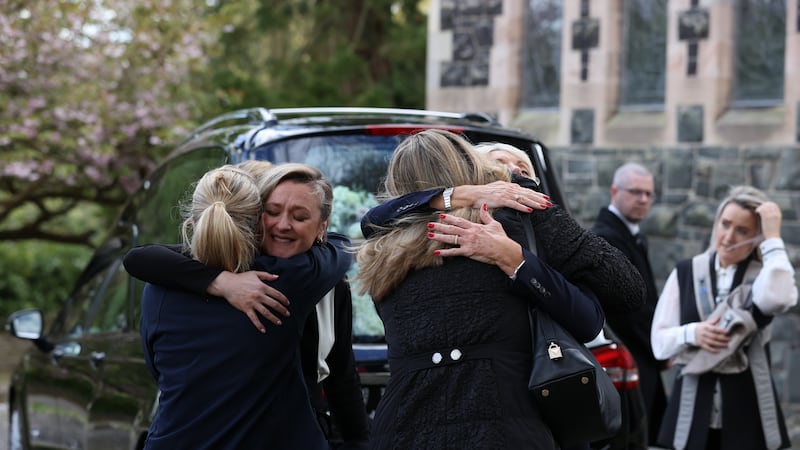Sometimes it is easier to avoid difficult issues, and many of us have successfully managed to negotiate our way through life by failing to face up to the harsh realities. The fancy phrase for it is ‘being in denial’.
So I must admit that my first instinct was to run a mile from the case of the young woman who was convicted of aborting her unborn child using pills bought over the internet. Whatever position one takes will offend some and enrage others.
For a very vocal group, this case is open and shut. Those who oppose abortion, and resist calls for a change in the law, have welcomed the judgment, but criticised the sentence for being ‘too lenient’.
Those in favour of liberalisation are outraged at her conviction. Had she lived anywhere else in the UK, she would not have been brought to court, indeed she would have been able to terminate the pregnancy with relative ease.
Somewhere in the middle are many who are uneasy about abortion, but who also know life is complicated and there are often no simple answers.
Even fully-paid up liberals recognise abortion is neither an easy option, nor a pleasant one. There are no winners. And without question, human life is precious. Most of us will have held a newborn in our arms and marvelled.
So how then do we deal with this particular case? The prosecuting authorities have robustly defended their decision to bring the case to court. The young woman pleaded guilty. The judge deliberated and handed out a suspended sentence.
Let us make the assumption, and I think we should, that all the parties to the prosecution and conviction acted in good faith.
Nonetheless, it is deeply troubling that a prosecution was pursued, and that a sentence of this nature was imposed. It was neither lenient nor compassionate, as some have suggested.
For me the issue here is not the letter of the law, nor even the moral and ethical issues pro and anti abortion, it is the human cost of pursuing a prosecution against a teenager at the lowest ebb. To what end?
The prosecution can only add to the problems this young woman is facing as she tries to rebuild her life.
The law in Northern Ireland, as it stands, is a nonsense. It puts doctors and nurses in an invidious position, it isolates vulnerable women and puts them at risk.
If you are rich, you can get around it. Many are prepared to put ‘morality’ to one side when it is their own who are affected. In reality we ship our moral qualms off to England.
When everything is stripped away, this case involves a deeply human tragedy.
The right way of dealing with it is through compassion, by showing a strong duty of care to the young woman – a teenager when this happened - and her flatmates who must also have been traumatised by the experience.
I think it is sad that those who claim the mantle of pro life ignore the complexities and call for harsher treatment of this young woman. Precious Life’s call this week for the sentence to be appealed because it “could set a dangerous precedent for future cases” demonstrates to me a disturbing lack of compassion.
Let there be no future cases. If this sentence is appealed – let the result be that it is set aside.
And we should face up to the need for change: a change that recognises the realities of human life – not as we want it to be, but as it is lived; a change that puts a comforting arm around those in need of support, not a pair of handcuffs; a change that addresses the causes of unwanted pregnancy, and does away with the stigma.
It’s time we stopped putting our heads in the sand, and discussed these issues in a mature and reflective way. There are deep moral, medical and social issues to be considered – but they should not be resolved in a courtroom.
A law that impacts only on the poorest and most vulnerable is criminal in itself.
I know it is said that even the devil can cite scripture for his own purposes, but when I reflect on our response to this case I immediately think of the passage from John’s Gospel – it repays reading 8: 1-11 – “Let he who is without sin cast the first stone.”
In this case I cannot and will not cast the first stone.









